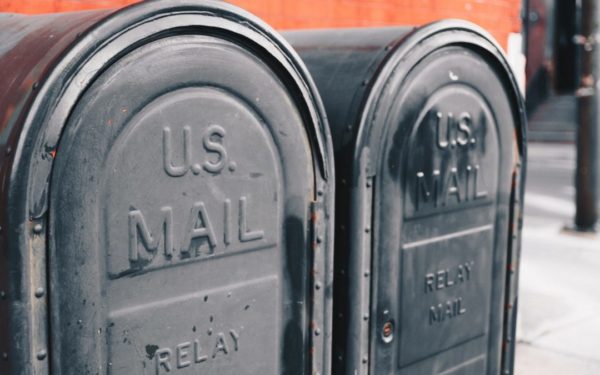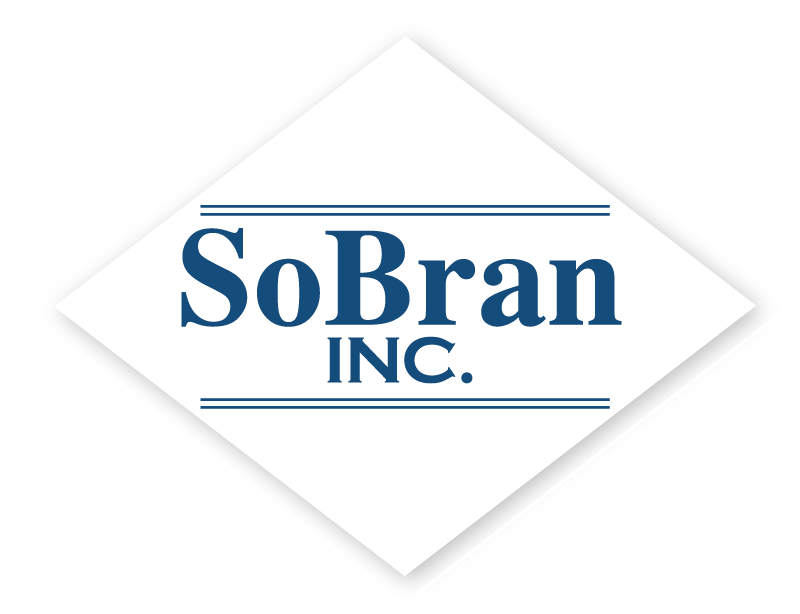
Have you ever worried about receiving something dangerous in the mail? Although it seems like an increasing amount of business is conducted online, physical mail is still incredibly prominent, and can be much more harmful than the emails in your junk folder. Each day, the US Postal Service alone delivers 493.4 million pieces of mail. That comes out to 5,711 pieces of mail every second!
Given these enormous numbers, the importance of a mailroom in large organizations should not be understated. Corporate mailrooms process thousands of letters and packages daily and must ensure not only that each letter reaches the intended recipient, but also that all the mail is safe to open.
Beginning with the anthrax attacks of September 2001, bioterror in the mail has become a significant concern. During “Amerithrax,” as that attack became known, 22 people developed anthrax infections and five died from exposure through inhalation. Despite a substantial government investment in detection technology since then, mail threats are most certainly not a concern of the past.

As recently as this week, letters containing ricin addressed to President Trump and Secretary of Defense James Mattis were discovered at the mail screening facilities of the White House and the Pentagon. Thankfully, each of these government facilities has effective mail screening systems in place to catch such threats.
Mail screening systems are becoming a necessity in modern mailrooms. The ability to identify dangerous mail and take swift action is paramount to an efficient mailroom operation, not to mention the health and wellness of employees. With a proper system in place, any pathogens present in a letter or package can be found in real time and controlled appropriately.
A secure and reliable mail screening procedure neutralizes the possibility of disruptions. If a suspicious powder is discovered in a mailroom without proper diagnostic capabilities, it can take hours or days for security personnel to determine whether the powder is a threat or something innocuous like flour.
Typically, entire buildings are evacuated due to the threat of suspicious powders becoming airborne and harming employees through inhalation. It is also common for those exposed to be hospitalized, even if the powder turns out to be harmless. Rather than sacrifice time and peace-of-mind, large corporations and government institutions should focus on modernizing and securing their mailroom processes.
Several options exist for properly screening mail. Some organizations choose to outsource their screening to third-party businesses that operate remotely, while others elect to bring their operation in-house. In the former, mail is sent directly or transported to a warehouse location where the screening is performed and suspicious packages are dealt with accordingly.
With in-house testing, a screening system is installed by the company and mailroom staff are trained to operate the technology.
Both methods are effective at detecting mailroom threats and ensuring that mail is delivered to the correct recipients without risk of contamination. Choosing one over the other depends upon a company’s requirements, risk profile, labor force, and financial resources.
Regardless of which type of screening system one prefers, the bottom line is that threats like those sent to the President and Secretary of Defense this week cannot be taken lightly. Rather, large organizations—such as fortune 500s, banks, and government institutions—need to be prepared when suspicious letters or packages appear in their mailrooms. Instead of leaving the safety of employees up to chance, such organizations should ensure that their mailrooms are optimized for safety and capable of catching pathogenic threats at their source.
PathSensors and SoBran SafeMail (r) have partnered for many years to provide clients with industry-leading mail screening solutions, both in-house and offsite. If you’d like to learn more about cutting-edge mail screening technology and how to install it in your mailroom, contact us at info@pathsensors.com or safemail@sobran-inc.com.
